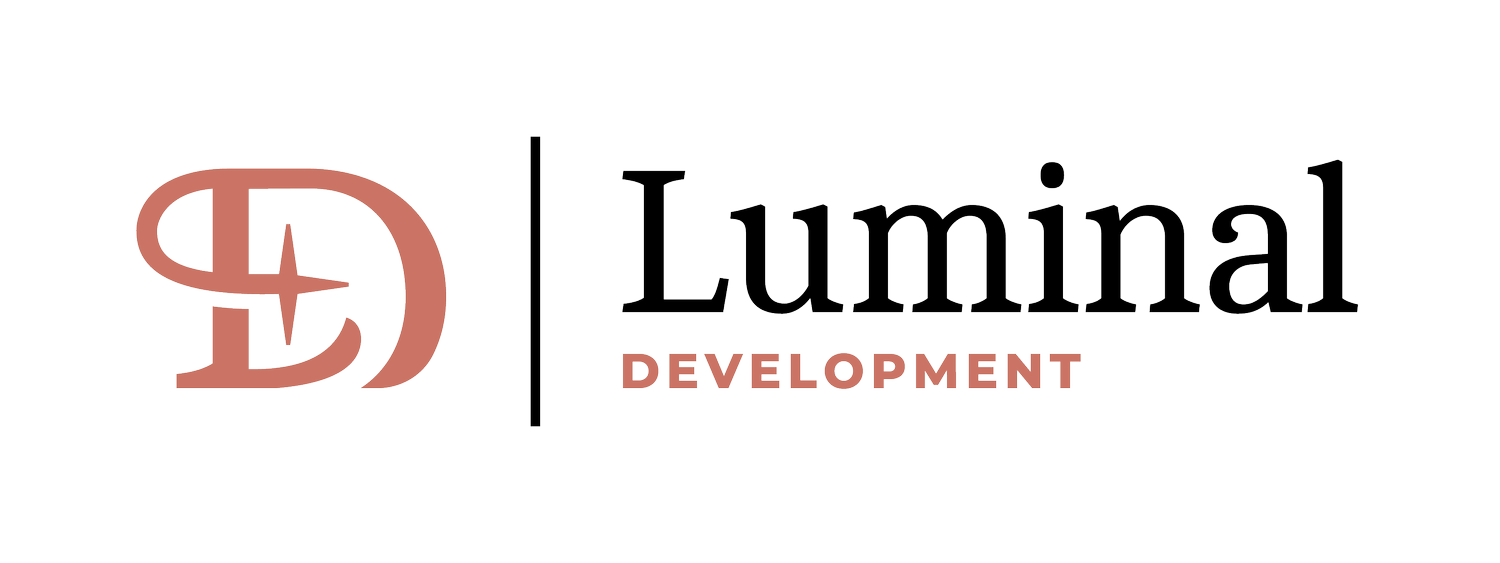Will Gen Z Be Able to Afford Houses?
How current economic realities impact how Gen Z shows up at work (and how organizations can do better)
Gen Z should probably be called the misunderstood generation. There’s so much chatter that younger workers lack a strong work ethic or just “don’t care.” The problem? This assumption fails to recognize the shifting expectations of the modern workforce and the economic realities shaping Gen Z’s (currently 13 –to 28-year-olds) career choices.
This question of home ownership – and other forms of traditional stability - is at the core of why Gen Z’s workplace expectations differ from those of previous generations. Rising home prices, student debt and stagnant wages mean that the traditional route, working hard at one job for years to save up for a down payment, simply doesn’t work anymore.
What Gen Z actually wants from leadership
The reality is that Gen Z isn’t resisting work; they are rejecting outdated leadership styles, rigid workplace structures and unsustainable work cultures. While acknowledging that every individual is different, research does suggest that Gen Z seeks a new form of leadership at work. Let’s break it down.
Gen Z Expectation #1: Crystal clear expectations
Gen Z’s number one priority, according to Gallup research, may surprise you: it’s knowing what’s expected of them at work. This group doesn’t like loose expectations or unclear roles and responsibilities. They don’t want to guess what success in their jobs look like – they want to be told.
What that means for managers: Ensure that every employee has a clear roles and responsibilities sheet (which is different than a job description, by the way.) The R & R should include metrics of success as well as what the employee is responsible for. Another way to ensure communications are clear is to set and hold sacred weekly check-in time with each of your direct reports. This offers employees a chance to ask questions about the week ahead or the work, to report on progress, and to problem-solve if they are stuck.
Gen Z Expectation #2: Flexibility (no, this isn’t going away)
Gen Z has grown up witnessing the burnout culture that plagued previous generations (*looks at personal elder Millennial experience; nods in agreement*.) As such, they prioritize workplaces that respect their time, offering hybrid or remote work options and clear boundaries around work hours. You’re seeing that clarity in expectations crop up again, right? And it’s actually not just Gen Z who knows that where they park their laptop is the least important – Forbes reports that fully 80% of employees consider flexible work arrangements as a deciding factor when evaluating a job.
What that means for managers: First, do everything in your power to advocate for flexible work options for your team. Really, that’s the most important factor.
If this is truly off the table, be transparent about why – what’s the reason that it’s important to be in-person and what’s the benefit to employees and their goals? How does your company counterbalance rigid work setting expectations? (And if they don’t? This is probably a wake-up call to you, too.)
Gen Z Expectation #3: Fair and transparent treatment
Unlike previous generations, who may have tolerated secrecy around pay scales or promotions, Gen Z expects salary transparency and decision making that is transparent. With skyrocketing housing costs and rising inflation, they also want salary fairness. An entry-level job that pays what it did a decade ago while rent has doubled is rightfully not going to be seen as viable.
What that means for managers: The obvious and most important answer here it to publish pay scales on job posting and talk about them openly in internal company communications. Ensure that each pay band has clear roles and responsibilities and that your company has a transparent hiring and promotional process.
Gen Z Expectation #4: Opportunities for growth
Gen Z is highly entrepreneurial and eager to develop new skills. They are drawn to workplaces that offer mentorship, training and clear career progression paths (see previous point). If a company provides no room for advancement, Gen Z employees may seek opportunities elsewhere rather than stay in a stagnant position out of loyalty.
What that means for managers: Ensure that your staff are clear about the professional development opportunities available at your organization. Do you offer leadership coaching? A mentorship program? A development stipend? In-house workshops and training? Not only do you need to provide these things, but you need to point them out to your employees, encouraging them to take advantage of opportunities that align with their career goals.
Gen Z Expectation #5: Making mental health matter
Over half of those surveyed by GenZ Health said that mental health care is the most important workplace benefit to them. Unlike generations in the past, this group of workers is comfortable talking about mental health - anxiety, depression, neurodiversity … it’s all on the table and part of the conversation.
What that means for managers: Focus on creating a culture of psychological safety, where there is not stigma in talking about mental health or neurodiversity at work. This starts with you leading the way in these converstaions.
Integrate mental health benefits into your employee package, or advocate for them to be there. And providing mental health days is a critical way you can support your team, no matter their generation.
The bottom line
Gen Z is not lazy, but they ARE strategic. Rather than dismissing their expectations, employers should take note - because the future of work is already changing, and Gen Z is leading the way.
And by the way? We can support your company to usher in modern, proven development techniques that speak to today’s youngest workers and create a more equitable, sustainable culture for all.

